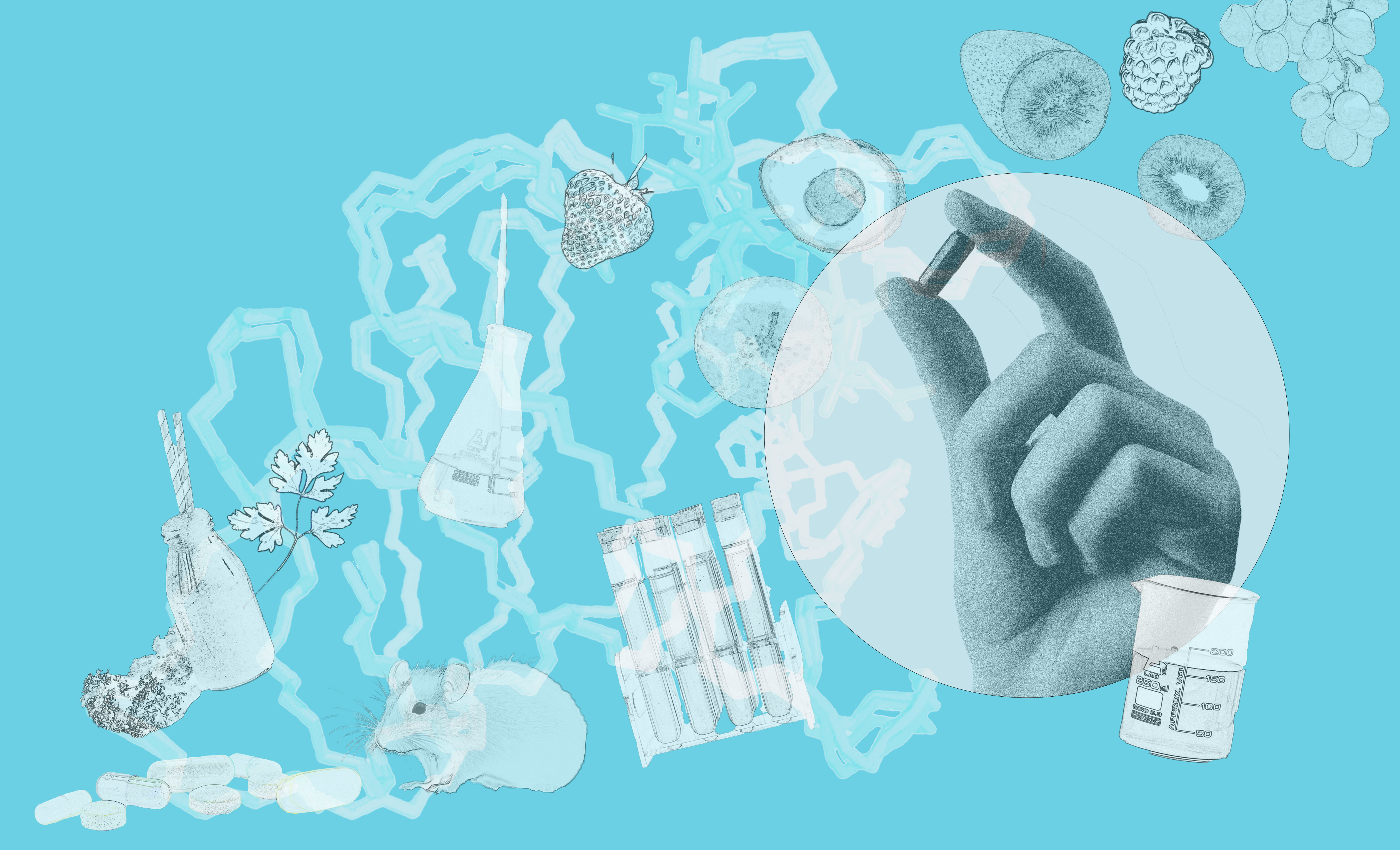
Zurich study finds fibre keeps blood vessels young

Certain gut bacteria cause blood vessels to age more quickly according to a study by the University of Zurich. What you eat therefore has an influence on how quickly the cardiovascular system ages.
+Get the most important news from Switzerland in your inbox
Fibre and foods with antioxidant and anti-inflammatory properties boost the body’s own fountain of youth, as the University of Zurich (UZH) explained in a press release on Wednesday. These include wholegrain products, for example. However, the consumption of phenylalanine-rich foods and beverages such as red meat, dairy products and some artificial sweeteners should be limited.
Researchers at UZH came to this conclusion after investigating how the composition of the microbiome changes with age and whether this affects the cardiovascular system.

More
The Basel researcher whose work triggered a longevity revolution
In a study published in the journal Nature Aging, they showed that the degradation product of the amino acid phenylalanine – phenylacetic acid – accumulates with age. This leads to the ageing of the cells that line the inside of blood vessels, the so-called endothelial cells. As a result, the vessels become increasingly stiff and their function is impaired.
Bad and good bacteria
The researchers were not only able to observe that phenylacetic acid promotes vascular ageing – they also discovered what in the intestine is responsible for this: the bacterium Clostridium sp. ASF356. It is able to specifically convert phenylalanine into phenylacetic acid.
In experiments with mice, the direct connection became apparent: as soon as young animals were colonised with this bacterium, the levels of phenylacetic acid increased measurably. Shortly afterwards, the first signs of accelerated vascular ageing appeared. When the researchers removed the bacterium using antibiotics, the levels of the harmful acid fell significantly.
At the same time, however, the researchers also found substances in the intestine that are beneficial for the health of the blood vessels. According to the university, short-chain fatty acids such as acetate act like an internal fountain of youth for the blood vessels: In cell culture experiments, the team was able to show that acetate can revitalise aged endothelial cells and partially restore their function.
Translated from German by DeepL/jdp
We select the most relevant news for an international audience and use automatic translation tools to translate them into English. A journalist then reviews the translation for clarity and accuracy before publication.
Providing you with automatically translated news gives us the time to write more in-depth articles. The news stories we select have been written and carefully fact-checked by an external editorial team from news agencies such as Bloomberg or Keystone.
If you have any questions about how we work, write to us at english@swissinfo.ch

In compliance with the JTI standards
More: SWI swissinfo.ch certified by the Journalism Trust Initiative




























You can find an overview of ongoing debates with our journalists here . Please join us!
If you want to start a conversation about a topic raised in this article or want to report factual errors, email us at english@swissinfo.ch.